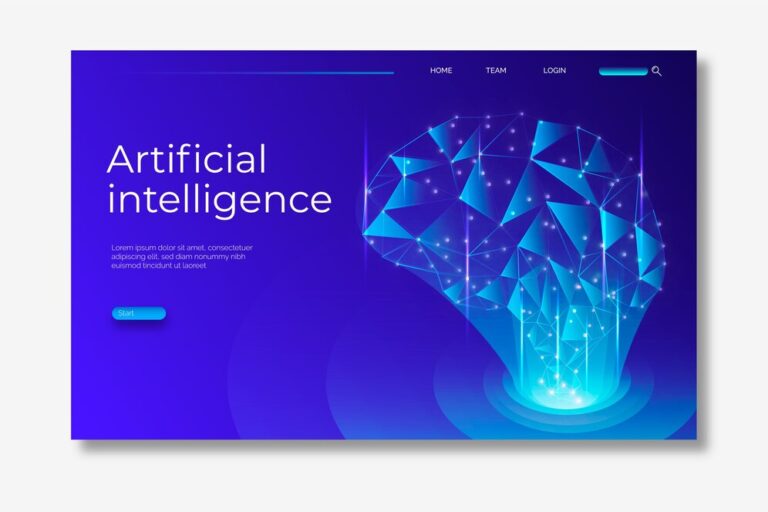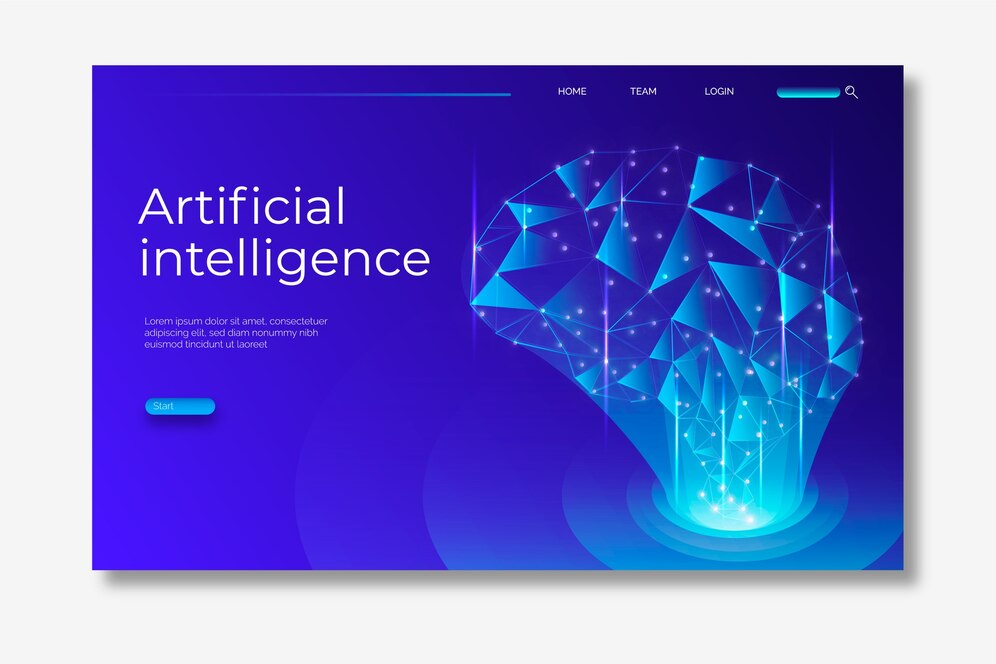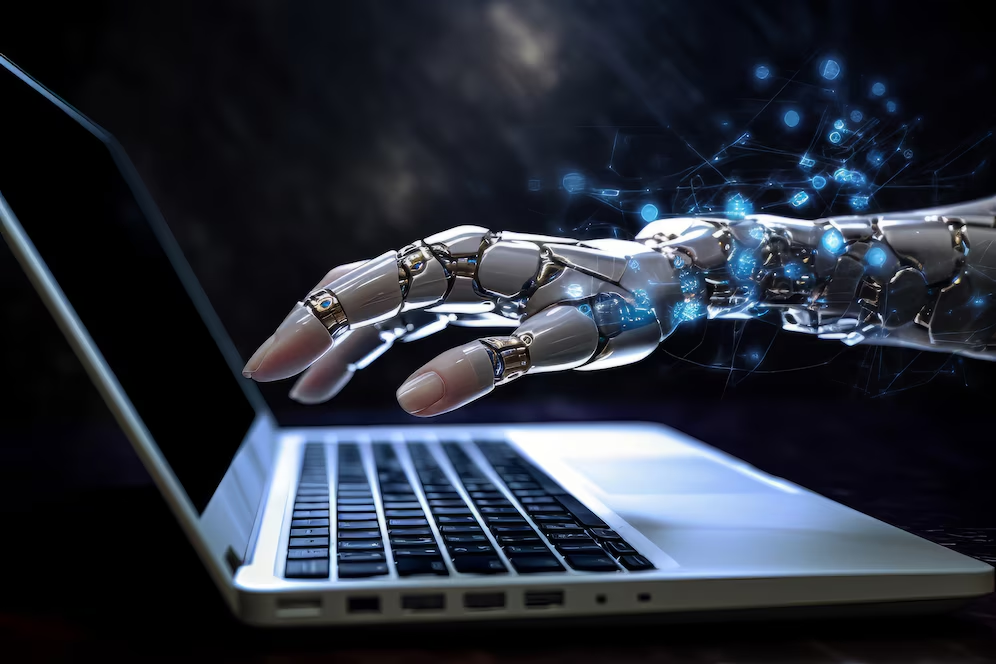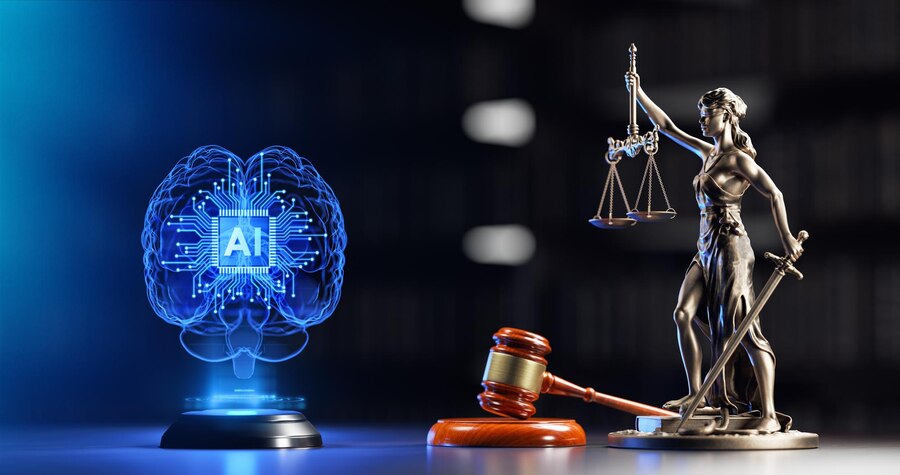AI is no longer just a buzzword—it’s fueling a revolution across industries, including technology itself. From smarter software tools to breakthroughs in healthcare and finance, businesses are leveraging artificial intelligence in creative and powerful ways. Let’s explore how AI is reshaping tech and why understanding it has become essential for professionals today.
🌟 What Is AI … Really?
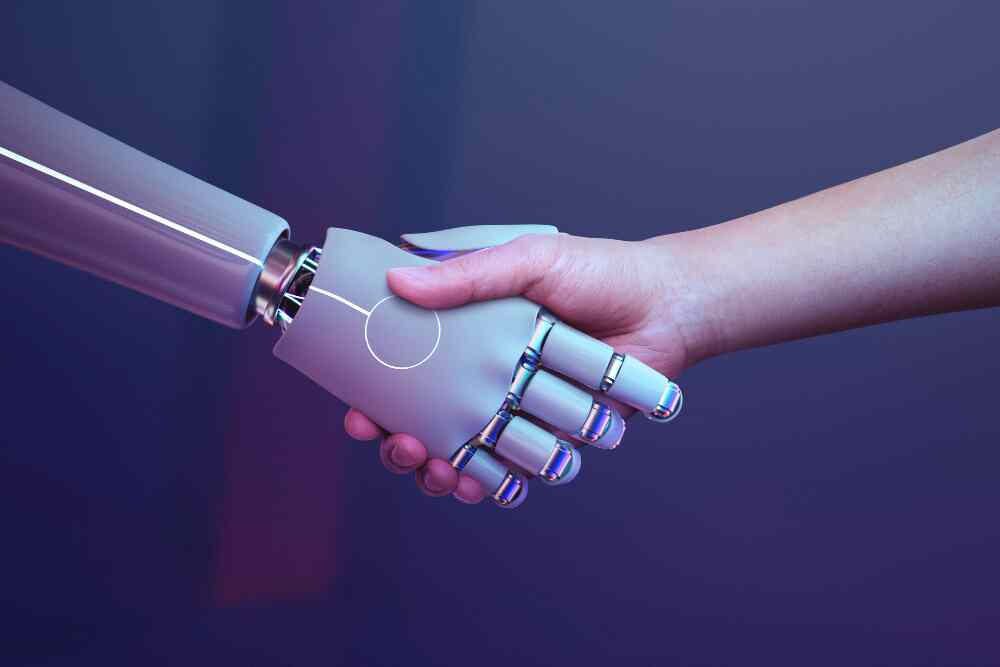
At its core, artificial intelligence is a branch of computer science dedicated to creating machines capable of performing tasks that usually require human smarts. That could mean understanding speech, making decisions, or solving puzzles.
Key subsets of AI include:
- Machine learning (ML): Systems that learn from data, dialing in patterns and making predictions without direct programming.
- Deep learning: A type of ML using layered “neural networks” that process information like a mini-brain—ideal for images, voice, and language tasks.
- Natural language processing (NLP): Enables computers to understand and generate human languages—think text analysis or chatbots.
- Robotics: Merges AI with physical machines to enable autonomous, adaptive, and sensor-driven machines.
🤖 The AI Workflow: From Data to Action
- Data collection: Gather raw inputs—like images, text, or sensor info.
- Cleaning & prep: Structure and sanitize the data.
- Pick an algorithm: Choose tools ranging from decision trees to deep neural nets.
- Train the model: Let the algorithm learn patterns from the data.
- Evaluate: Test accuracy and performance.
- Deploy: Integrate into applications (e.g., chatbots, diagnostic systems).
- Continuous learning: Update the model with fresh data to improve over time.
🚀 Major AI Use Cases in Tech
1. Software Development
AI helps developers:
- Auto-generate and translate code
- Create bug fixes and suggest optimizations
- Generate test cases and even analyze legacy systems
2. Data Analytics
With ML and generative AI, analysts can:
- Automate data cleaning and feature engineering
- Produce visualizations with ease
- Build predictive models faster than ever
3. Cybersecurity
AI excels at:
- Spotting unusual network activity
- Identifying security threats in real time
- Launching automated mitigations and intrusion prevention
4. Cloud Infrastructure
From intelligent resource scaling to automated cloud maintenance and security, AI powers nearly every aspect of cloud computing.
5. Finance & Banking
AI transforms finance by:
- Detecting fraud in real time
- Enhancing risk models and credit assessments
- Powering personalized financial services
6. Healthcare
AI breakthroughs in medicine include:
- Medical image analysis for early disease detection
- Accelerated drug discovery
- Virtual care systems and real-time monitoring
✨ Advantages for Businesses
A 2025 survey of over 550 business leaders revealed that AI-savvy organizations reported:
- 60% faster decision-making
- 58% smarter decisions
- 53% more innovation
- 41% better customer experiences
Key benefits include:
- Smarter decisions: AI-enabled forecasts and risk detection.
- Operational efficiency: Automation of mundane tasks and optimization of workflows.
- Customer satisfaction: Personalized engagement powered by chatbots and data insights.
⚠️ Real Challenges Along the Way
Technical Hurdles
Building AI systems requires clean data, reliable pipelines, and engineering resources. Many companies struggle with the infrastructure and in-house AI skills—leading to stalled or failed projects.
Ethical & Regulatory Concerns
Issues like bias, privacy, and compliance loom large. Regulations such as the EU AI Act are pushing businesses to build transparent, fair, and trustworthy systems
Cost vs. ROI
AI demands investment—not just in tools, but in training and upgrades. Organizations must carefully weigh implementation costs against long-term gains.
Talent Shortages
A lack of AI-literate professionals can stall AI initiatives, limiting a company’s ability to innovate and stay competitive.
🔭 Looking Ahead: AI’s Next Frontiers
- AI + IoT (AIoT): Smart devices making real-time decisions at the edge. Imagine sensor networks in smart cities collaborating autonomously .
- Edge AI: Compact AI models running directly on devices—reducing latency and boosting privacy.
- Cross-disciplinary innovation: AI driving progress in robotics, quantum computing, gene editing, and more
🛠️ Real‑World AI in Action
Manufacturing
- Predictive maintenance to avoid breakdowns
- AI-powered quality inspection
- Smarter supply chains with demand forecasting
Finance
- Detecting fraud at scale
- Improving risk management and scenario modeling
- Delivering tailored financial advice
Healthcare
- Fast and accurate medical imaging
- AI‑assisted drug discovery pipelines
- Better scheduling and admin efficiency
Final Thoughts
AI isn’t just reshaping technology—it’s redefining how we work, decide, and create. Organizations that invest in AI knowledge and ethical systems will unlock game-changing productivity and insights. As AI integrates deeper into industries—from cloud to robotics—it’s not a question of if, but when it will be a standard skill for professionals.
The future belongs to organizations and people who embrace AI literacy, invest in infrastructure, and apply AI responsibly to deliver real-world impact.





